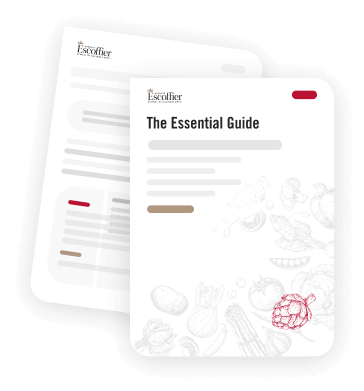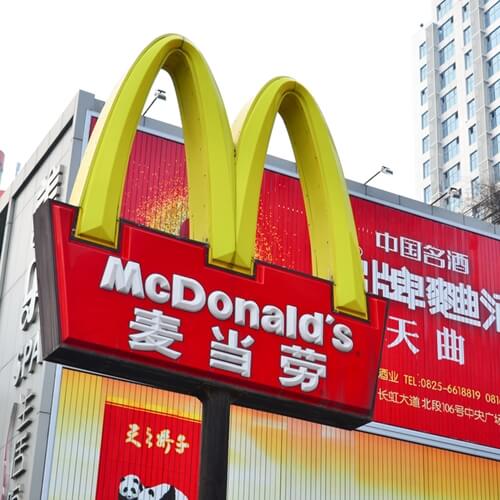China takes a whack at the Big Mac

Most online culinary arts programs will not cover the recipe for the quintessential Big Mac – McDonald’s ultimate American food staple. This hunk of meat and grease is meant for typical Westerner consumption, to be accompanied with the carbonated soda of American dreams. This food may symbolize more about the citizen of the United States given the recent economic crisis, which has forced many lower class families to survive on cheaper meals like those from McDonalds. In reality, the American dream is not as realistic as in recent years, but that makes it all the more desirable.
In China, the government allows its citizens to consume American cuisine, American drinks and American pop culture, but it does not want its people to think well of the American dream. Regardless of recent agreements between the countries, the fundamental differences always seem to stick out like cartilage in a chicken nugget. Now, a recent food safety scandal has threatened to set this battle aflame once again.
The meat of the issue
At the end of July, word spread that McDonald’s and other fast food companies located in China may have been sold expired meat products for their traditional dishes. The meat production company in question is Shanghai Husi Food Company, owned by the American company OSI Group. Not only has this development halted all sales of meat products at any nearby McDonald’s, but it has also led to a re-evaluation of market politics in the food industry. China subsequently issued a statement called Document No. 9 that calls out the West, saying Americans are trying to fight a new kind of war, with economic theory.
China has a history of not trusting American and other Western companies, believing that the products they sell promote capitalism, to which the Chinese government is opposed. It hasn’t really been that long since fast food first became available in China – the first chain only dates back to the late 1980s – yet this timeline can be traced through history alongside some Chinese youth protests against current politics. One would go too far to claim that Big Macs have the capability of swaying a massive population from one economic practice to another, but one must acknowledge that culture is so completely interlaced with food that a Big Mac does not simply represent a bun, a burger and toppings – it represents capitalism.
It will be interesting to see how McDonald’s and other fast food chains choose to respond to these allegations. Though the corporations may be rooted in America, China represents a large consumer population. It is not likely that the CEO of McDonald’s will at any time be saying, “Let them eat Chinese.”


